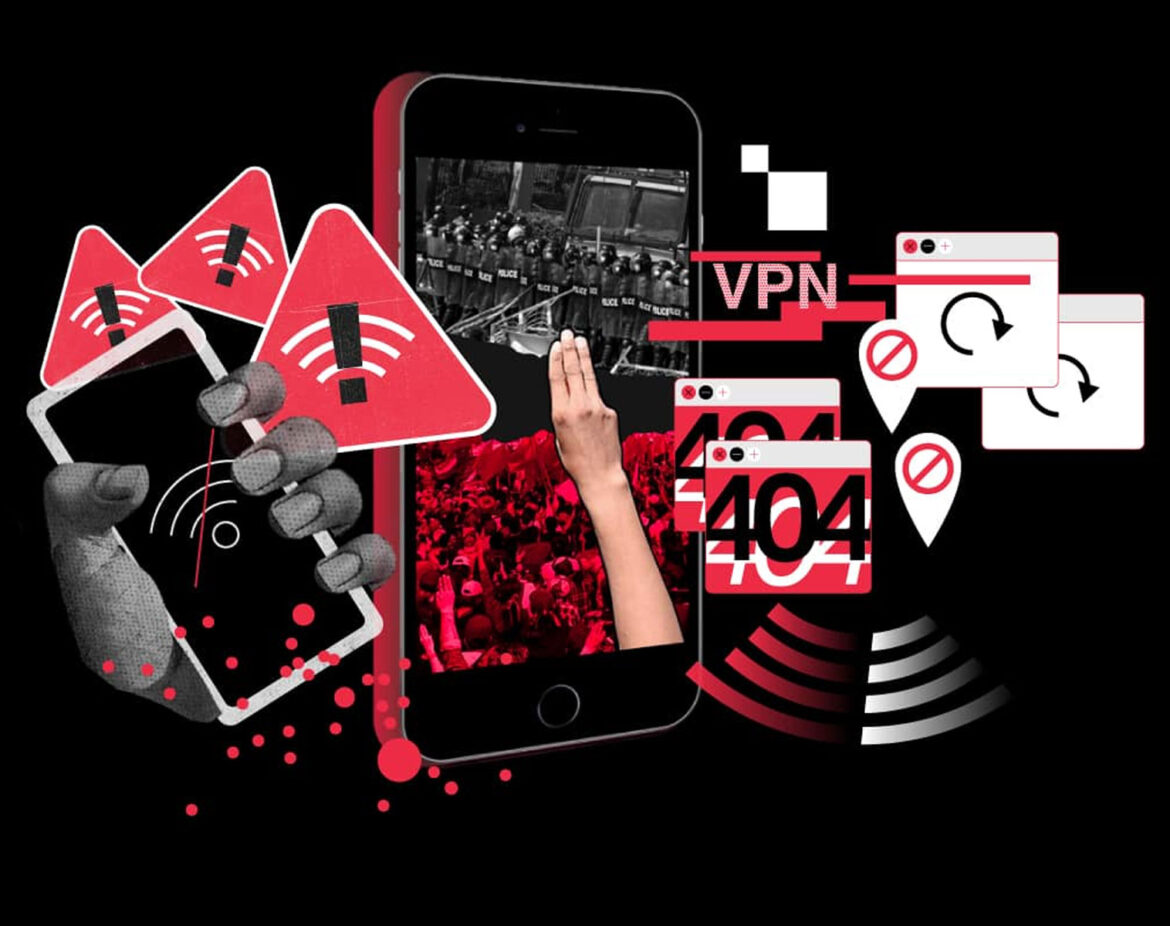The Interior Ministry has directed the Pakistan Telecommunication Authority (PTA) to block all unauthorized Virtual Private Networks (VPNs) in Pakistan, citing their misuse by terrorist groups for violent activities and access to restricted content. The move is part of a larger effort to bolster national security and limit access to pornographic and blasphemous material, according to an official letter seen by Dawn.com.
VPNs, commonly used worldwide to bypass geo-restrictions and access blocked content, have raised alarms in Pakistan due to their use in covert communications and accessing prohibited websites. The PTA stated that it has already blocked over 100,000 URLs with blasphemous content and nearly 844,000 pornographic websites. Despite these efforts, the regulator noted that about 20 million daily attempts to access such content within the country were thwarted at the international gateway level.
The Ministry’s letter emphasized that VPNs were increasingly being exploited by terrorists to obscure their activities and financial transactions. “Pakistan is considered one of the leading countries in terms of visiting porn sites via VPNs,” the letter said, calling for an immediate clampdown on unauthorized VPNs while ensuring registered users remain unaffected. To this end, VPN registration with PTA is required by November 30, 2024.
Earlier, widespread disruptions on VPNs across Pakistan were attributed to technical issues by the PTA. However, digital rights activists have expressed concerns, arguing that the government’s measures reflect an expansion of censorship and surveillance on internet users.
In a step to facilitate legitimate VPN use, the PTA has launched an online registration portal, ipregistration.pta.gov.pk, to streamline the registration process. This move aims to support uninterrupted access for IT companies, freelancers, and other stakeholders vital to Pakistan’s digital economy.
The increased scrutiny comes amid a broader crackdown on VPNs and certain social media platforms, including a ban on X (formerly Twitter) in August due to national security concerns. Information Minister Attaullah Tarar had justified this decision by linking it to activities of “separatists and terrorists.”
While the PTA continues to assure the public that VPN disruptions were not intended as a form of throttling, the intensified regulatory actions highlight a balancing act between maintaining national security and protecting digital rights in Pakistan.



